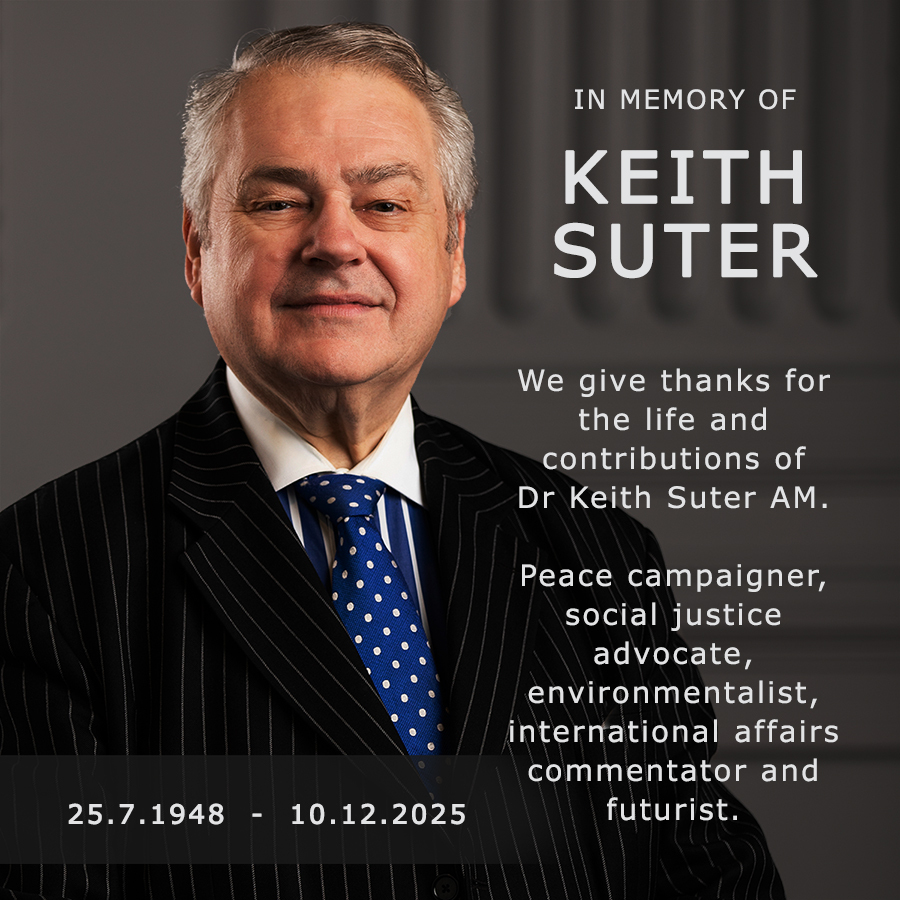
Archive Article: Earth Focus. 30 May 03.
December 23, 2008
40 per cent of the world’s population is aged below 20. 85 per cent of young people live in the developing world. The global unemployment rate for young people is two or three times more than that of adults. The world economy will need to create close to 500 million new jobs over the next 10 years, most of them for youth.
These are all notable facts. I have obtained them from the very interesting magazine “Earth Focus“, published jointly in the US, UK and France. It is produced by young people for “young people of all ages”.
One recent edition has an article by six young Australians (with ages varying from 17 to 22) on the Junction Express, Port Pirie, South Australia. Port Pirie was once known as the railway junction of Australia. One of its trains no longer moves: the Junction Express is now a restaurant. “On The Rails”, an organization that helps disadvantaged job seekers between the ages of 15 and 21, took over the train as a way of giving hands-on experience in the hospitality industry.
Its slogan is “Young people learning to work and working to learn”. It has won the Chamber of Commerce Business of the Year Award.
Another article is a perceptive one (by an 18 year old based in Qatar) on youth unemployment in the Gulf Region. It seems that the area’s massive oil reserves led to a quick industrialization in the 20th Century. This has resulted in a generation of wealthy youth who do not have the proper training to take over the businesses started by their parents’ generation.
The article is critical of the lack of adequate education. It is also critical of the way in which jobs in the oil industry are family based, so that when someone retired their position was passed on to a relative.
That person did not need any qualifications for the job, because they knew the right people and so they got the job. Without the proper connections a person could not find work.
Therefore students lack motivation to study at school. Why should a person bother to study if you know that they will get a job automatically? Alternatively why bother to study when you know that the best jobs will go to the relatives of others?
Meanwhile, the oil companies are having to bring in talented people to run the companies. Young people will find themselves unemployed and undereducated in their own country.
A final example concerns an article on the Nigerian teacher who won the Rolex Award for Enterprise by inventing a refrigerator to work in a desert. Northern Nigeria is a hot country, where food perishes quickly without adequate refrigeration. The “Pot-in-Pot” cooling device is a small clay pot inside a larger clay pot lined with moist sand and covered with a damp cloth. He started giving the pots away to assist people. Now the pots are so popular that he has five factories turning them out.
To sum up, it is refreshing to read a magazine that has either “good news” stories or at least stories offering angles different from those of the ordinary newspaper. It is particularly commendable that all parts of the magazine’s compilation are handled by young people.
I met some of the team when I was back in the UK last December and it was an inspirational meeting. They look at the world with fresh eyes. They also have an engaging style of writing. The magazine is also illustrated by drawings by young people.
Broadcast Friday 30th May 2003 on Radio 2GB’s “Brian Wilshire Programme” at 9pm.

